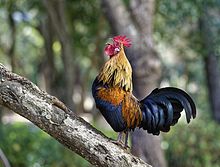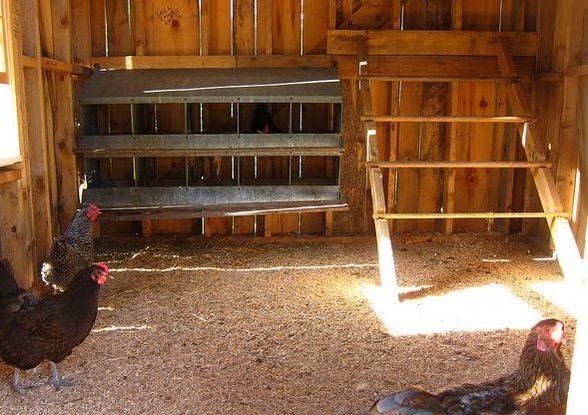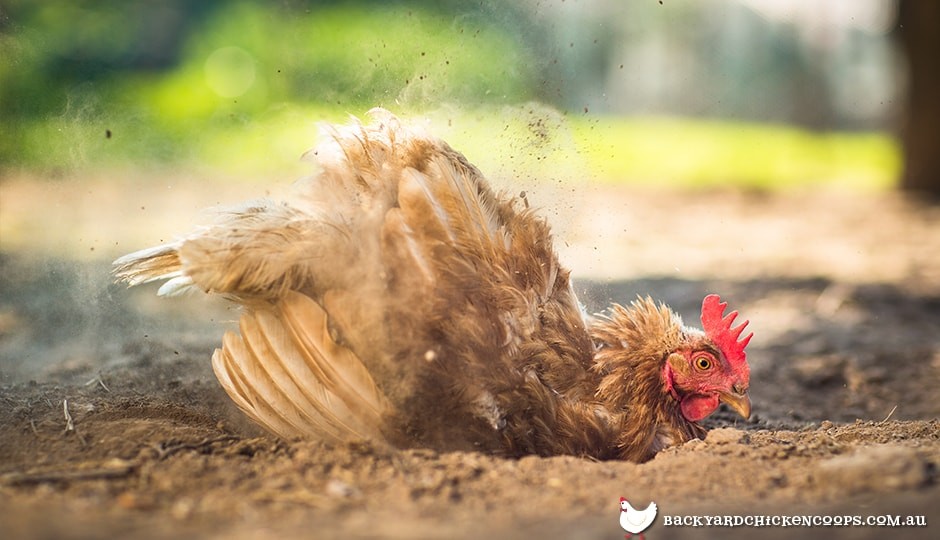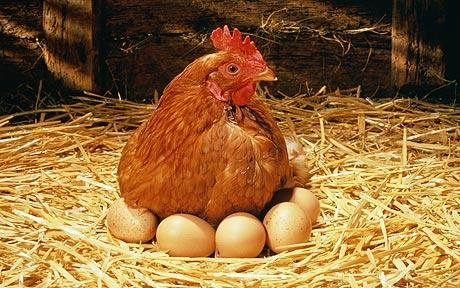|
History of Chickens
Husbandry Practices
A secure enclosure is vital to prevent predation, especially at night. Burying a wire fence one foot beneath the ground level can insure that predators can’t dig into a coop. Neighborhood dogs can also attack chickens, so keeping them in an attended yard is desirable. BehaviorsThe main activities for free-range hens are grazing, ground pecking, ground scratching and dust bathing. Free-range hens will still forage even though you have provided ad libitum (providing food at all times). This behavior may result in intoxication because of ground contaminants; such as, leaves, pine needles, and any debris in the coop.
It is important that you monitor flock behaviors, as individual chickens may become dangerously bullied to the point of being denied access to food or water or being seriously injured. The roosters tend to fight each other or get really aggressive with the hens during breeding season. Nutritional ConcernsChickens require at least 38 nutrients in their diets in appropriate and balanced concentrations. The criteria to determine the requirements include growth, feed efficiency, egg production, prevention of signs of deficiency and quality of poultry product. Diet adjustments should be made based on production and bioavailability. The requirements assume the nutrients are in a highly bioavailable form but they do not include a margin of safety. You should add a margin of safety based on changes in rates of feed intake due to environmental temperature or dietary energy content, genetic strain, husbandry conditions (especially the level of sanitation), and the presence of stressors, including infectious diseases and other illnesses.
Chickens need a clean water source available at all times; therefore, their water should be cleaned frequently to keep it fresh and not contaminated. Changing the water will help prevent gastrointestinal impaction. Some chicken owners will put bleach tablets in their water to help reduce microorganisms but it could cause harmful health effects. The birds also may refuse to drink the tainted water. *The information gathered for this post is directly from Vetcom Volume 58 Backyard Chickens*
4 Comments
|
Author:NOAH Staff Archives
April 2022
|




